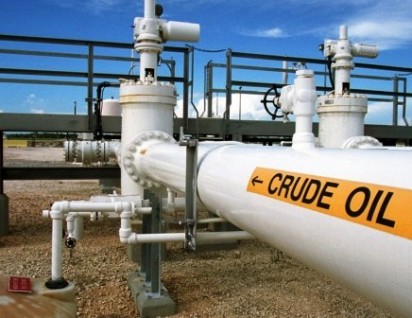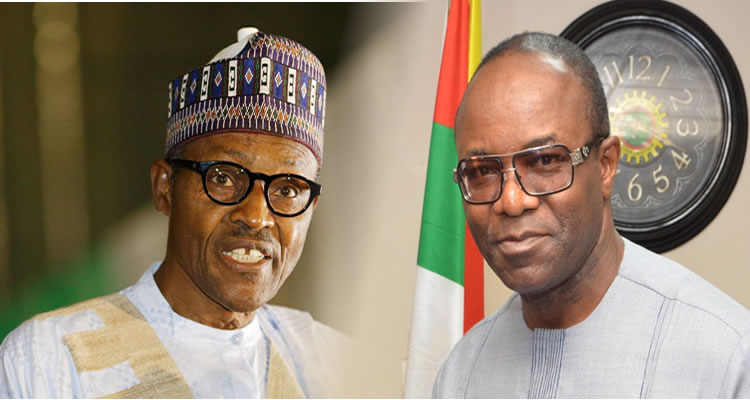The Minister of State for Petroleum Resources, Dr. Ibe Kachikwu, has said the country lost as much as $100bn in revenue last year as attacks by militants in the oil-rich Niger Delta cut crude output to a record low.
Kachikwu, who stated this on Tuesday in his monthly broadcast posted on his Facebook page with the title: ‘Oil sector militancy challenges: Road map to closure’, said the nation’s oil production fell by as high as one million barrels per day sometimes last year.
He said as part of ongoing efforts to end the militancy challenges in the oil sector, the ministry had come up with a 20-point agenda.
According to the minister, one of the critical challenges the country has is the militancy that has plagued the Niger Delta environment and disturbed oil operations.
He said, “At the highest point of this last year, we were producing 1.2 million barrels, which means we were losing literally a million barrels of oil per day. At that time also, we were basically losing an average, if you look at 2016, of over $50bn to $100bn of unearned income as a result of this disruption.
“Jobs were out; pipelines were strewn all over the place; refineries couldn’t work to capacity, and we couldn’t meet our contractual international obligations. And the economy basically suffered.”
Noting that oil price also declined by 60 per cent over the last one and half years, Kachikwu said, “You see the massive problem that President Muhammadu Buhari has faced and had to deal with over this period. It is a massive problem.
“This is a problem that has consistently been there even before the government of President Obasanjo, and it went on into other governments. It is a problem that seems to be intractable. So, it is a difficult undertaking to try to embark on trying to resolve it once and for all, but we are very bullish about this.”
According to the minister, the 20-point agenda include engagement town hall meetings; inter-agency collaboration; ring-fenced state approach; security hold hands; peace and investment on state basis; focused investments in gas-to-power; incentive for peace scheme; massive civil infrastructure revamp; and Niger Delta Development Fund Initiative.
“All our pipelines are old; all our gas distribution systems are old; all our depots are hardly functioning. Working with the Nigerian National Petroleum Corporation, we are going to embark on looking for third-party funds to massively begin infrastructure revamp of the assets that are required in the industry. If we do that, a lot of jobs will be created. In addition to that, we want to target specific investments in this area,” Kachikwu added.

